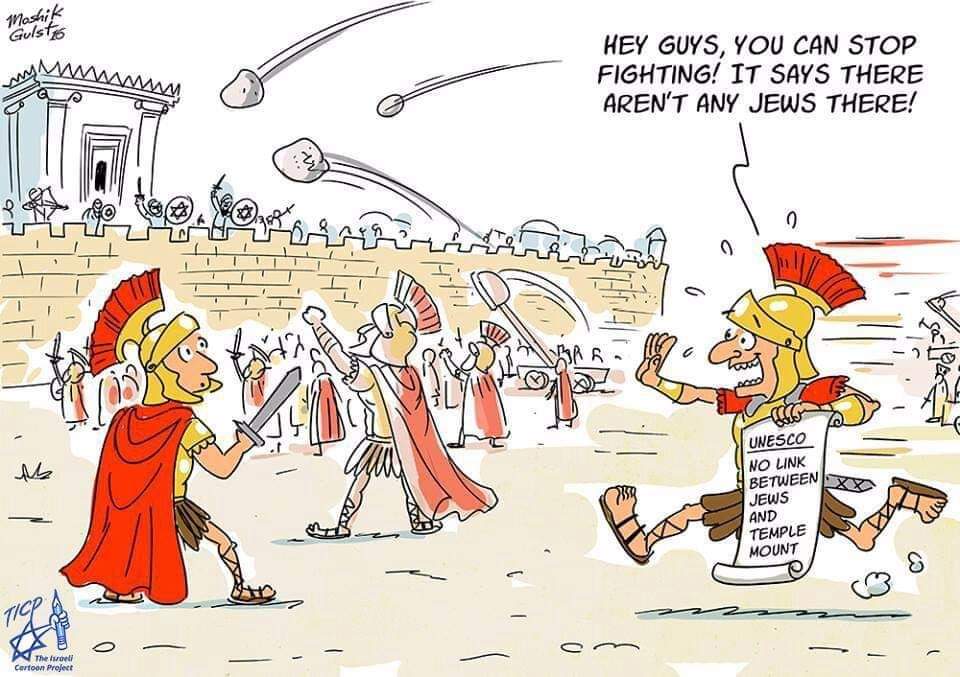Hamas Turns Israeli Border Into ‘24/7’ War Zone in New Bid to Kidnap Israeli Soldiers
Hamas has intensified its violent demonstrations against Israel, turning the border between the Jewish state and the Gaza Strip into a "24/7" war zone as the terrorist group amps up its efforts to kidnap Israeli soldiers, according to Israeli security sources and regional reports.Defense minister: Israel needs to deal Hamas a heavy blow
Hamas ramped up this past week its months-long violent demonstrations along the Gaza border as part of new plans to "kidnap soldiers so that it will have a bargaining chip to use against Israel for speeding up the removal of the blockade," according to an investigation into new ways Hamas is probing Israel's defenses provided by the Jerusalem Center for Public Affairs, or JCPA, a security research institute.
Violence raged throughout the weekend and into late Monday, with some 20,000 Palestinians participating in the demonstration, which have grown increasingly violent as Hamas operatives begin to deploy explosive devices, grenades, incendiary balloons, and other makeshift weapons.
Hamas's goal is create as much confusion and violence on the border as possible to elicit a response from the Israeli Defense Forces that could provide the terror group with an opportunity to kidnap soldiers. The renewed border violence is part of an effort by Hamas to test Israel's will and provoke a violent response.
"Over the past few weeks, Hamas has intensified the violence on the border after the failure of talks with Egyptian intelligence services in Cairo about reconciliation and calm and after the refusal of [Palestinian Authority] chairman Mahmoud Abbas to remove the sanctions that he imposed on the Gaza Strip," according to the JCPA's report.
"The number of participants in the demonstrations has risen to 20,000 people," the group disclosed. "Extensive use has been made of lethal tactics such as throwing explosive charges and grenades at IDF soldiers, and there has been a rise in terror attacks caused by sending incendiary balloons and kites into Israel."
Hamas's chief priority: The kidnap of Israeli soldiers so that they can be used as pawns in the terror group's campaign against Israel.
"We have reached a red line. Israel needs to deal a heavy blow to Gaza and Hamas," Defense Minister Avigdor Lieberman said at the culmination of a security assessment near the Gaza border Tuesday.
As clashes between Israel and Palestinian rioters in Gaza steadily escalate, Lieberman indicated that the remark was prompted specifically by events last weekend, when "in the morning we permitted the U.N. to bring four truckloads of fuel into Gaza, and in the evening we sustained an outburst of violence – unlike any violence I can remember in a long time."
Lieberman called on the "entire cabinet" to reach a decision on the matter, saying the escalating violence has dictated "the direction we must take in terms of security."
The Diplomatic-Security Cabinet was expected to convene on Wednesday to discuss Israel's steps in Gaza.
Referring to increasingly violent border protests and a months-long Palestinian campaign involving firebombs launched across the border into Israel on kites and balloons, Lieberman said that "we tried to resolve the problem nicely by cooperating with the international community, with U.N. bodies and with anyone who wanted. We have exhausted the options and now the time has come to make a decision."
"My position has been very clear, and I have only grown more resolute," Lieberman continued. "We need to deal a heavy blow. It's the only way to restore the reality to what it was before and lower the violence level down to zero."
Khashoggi to Post in 2007: Nakba no different than Holocaust
Jamal Khashoggi, the Saudi journalist who disappeared in suspicious circumstances in early October, described the relations between Israel and Saudi Arabia as only a "political," not a religious problem in an exclusive interview with The Jerusalem Post years before his disappearance.
"Yes, we have a problem with Israel, but it's a political problem," Khashoggi told the Post at a 2007 Capitol Hill reception condemning antisemitism, when he was part of the diplomatic corp of Prince Turki Al Faisal, then Saudi Arabia's ambassador to the United States.
"It should be a known fact that the Arabs never had a problem with antisemitism, but we need to state that over and over again," Khashoggi added, justifying the surprising Saudi presence at the event.
Speaking of the Holocaust, Khashoggi called the chapter a horrible episode in history, but also said that there were other terrible events throughout history, such as the burning of Baghdad by the Mongols in the Middle Ages or the Palestinian Nakba.
"I know Jewish people don't like this comparison, but everyone has his own Holocaust," he said.




































